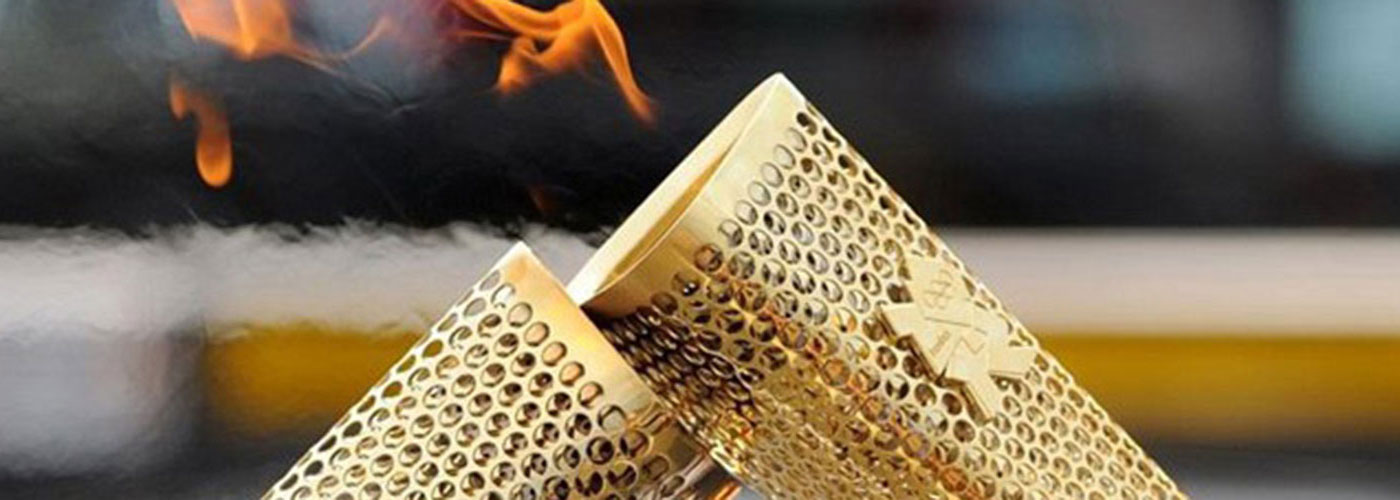OLYMPIC HISTORY
The history of the new york athletic club and of the olympic movement are deeply inter-twined, dating to the dawn of the modern games.
Club member Thomas Burke took two gold medals (the 100m and 400m) at the inaugural Modern Olympic Games, held in Athens in 1896. His results spurred the New York Athletic Club, entering its fourth decade of existence, to organize greater representation at subsequent Games. At that time, the Club's Captain was Charles Sherrill; he took charge of the US Olympic squad for Paris in 1900, a Games at which the NYAC claimed 22 medals in track and field and swimming. This was the NYAC's first true stamp on the Olympic movement, a stamp that is now indelible.
In every year since, the NYAC has seen its members compete at the summer Olympic Games, and in an ever-expanding array of sports. Club athletes have excelled in rowing, track and field, fencing, judo, water polo and wrestling, to name a handful. Those men and women have expanded the barriers of athletic possibility. Al Oerter became the first track and field athlete in history to win the same event at four consecutive Games (the discus in 1956, 1960, 1964 and 1968). Kayla Harrison became the first American ever to win an Olympic gold medal in judo, accomplishing that feat in London in 2012 and, remarkably, repeating in Rio in 2016.
The Paris 2024 Olympic Games saw 65 NYAC athletes in action across 12 sports. These athletes claimed a total of 30 medals, the most Olympic medals earned by the NYAC since the 1904 Olympics in St. Louis. Four NYAC athletes competed at the 2024 Paralympic Games, combining to claim six medals.
Justifiably, the NYAC's Olympic medal tally is a source of enormous pride among members. In its history, NYAC athletes have claimed 321 medals in Olympic competition, 171 of which have been gold. With that has come a steadfast commitment to the creation of an environment in which excellence will flourish, be it in athletics, commerce, the arts or individual well-being.
The NYAC's athletes and the Club's history in Olympic competition are the personification of a commitment to excellence that is as steadfast in the 21st century as it was in 1868.

